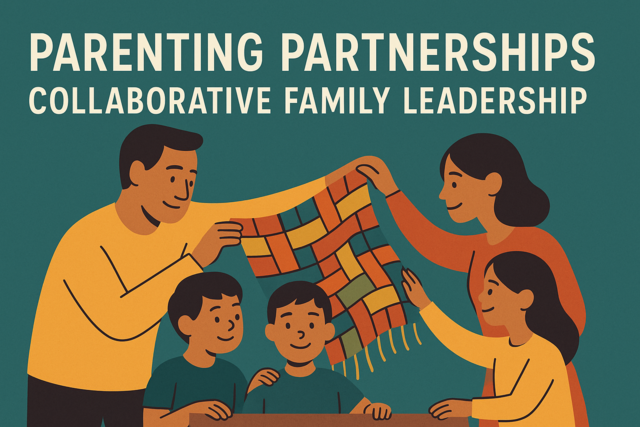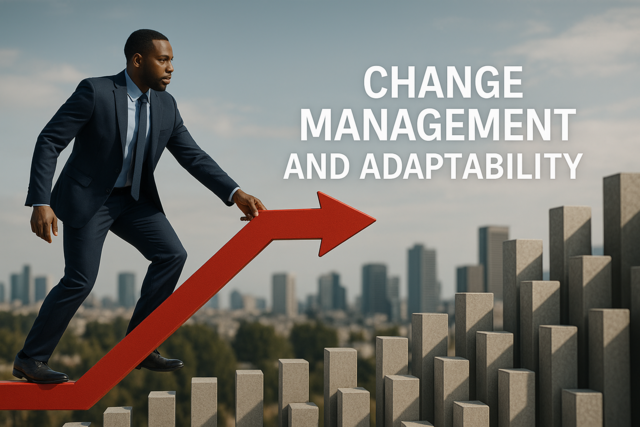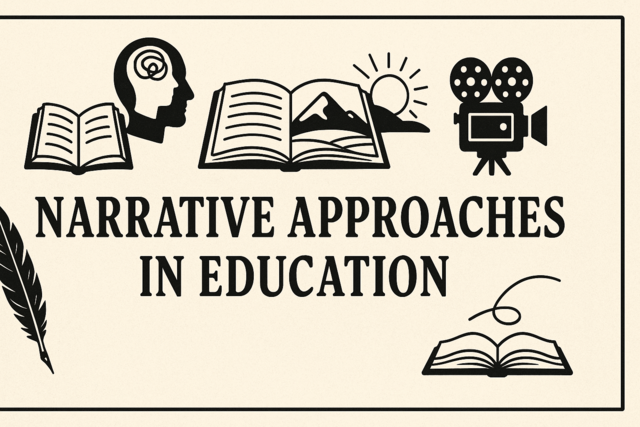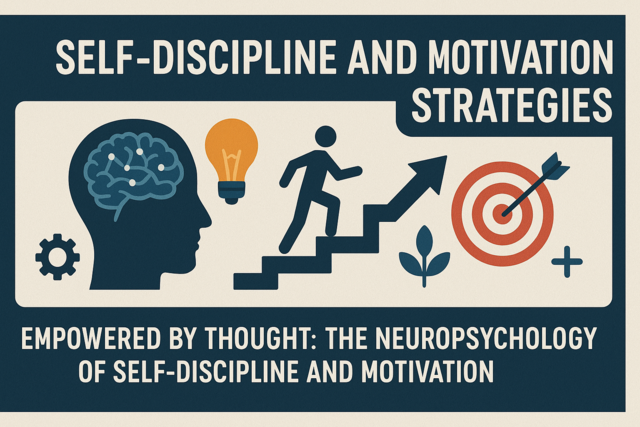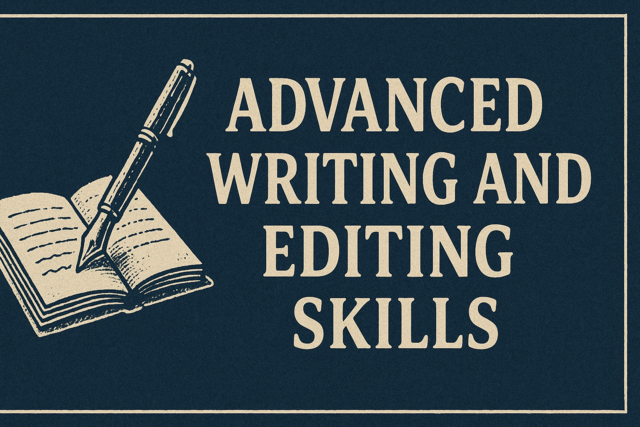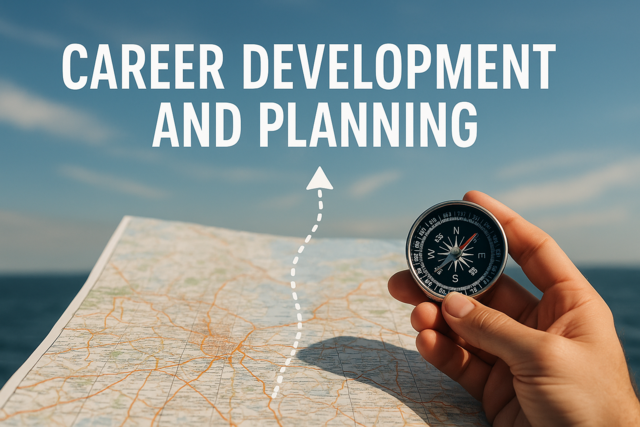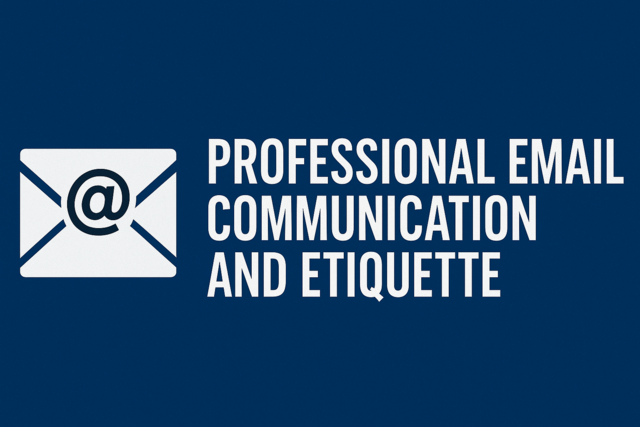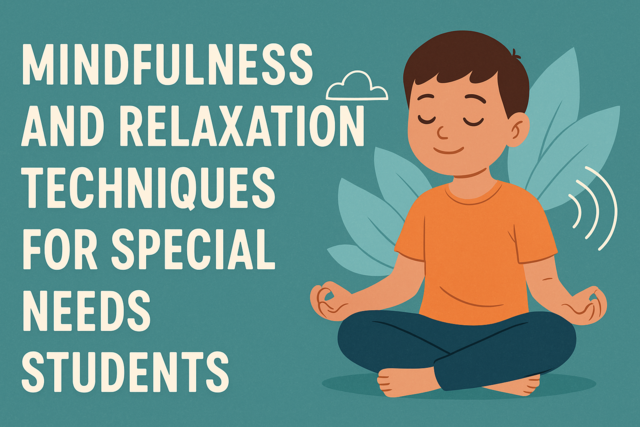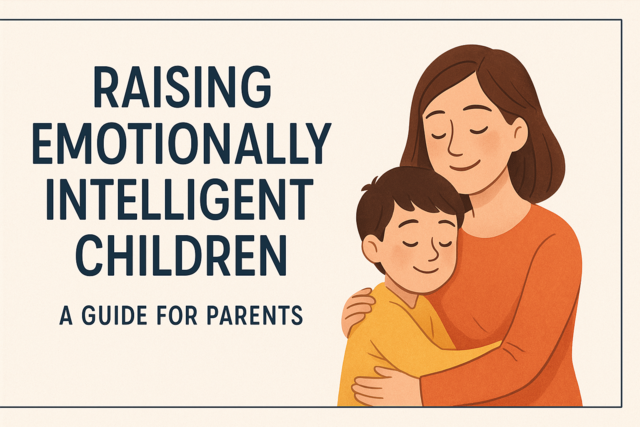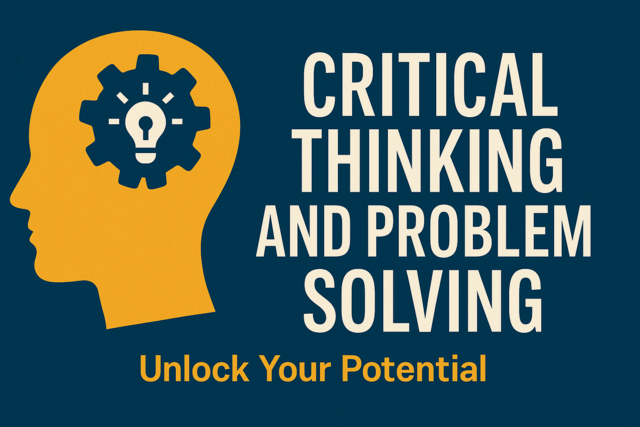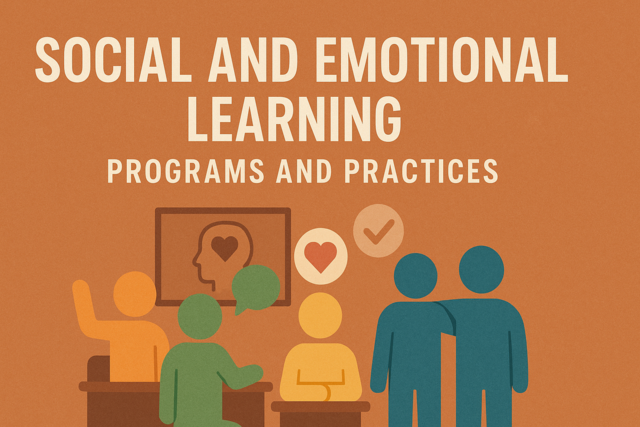Lesson 1. Embrace Challenges, Foster Growth
This lesson emphasizes the importance of a growth mindset in career resilience, contrasting it with a fixed mindset that restricts personal and professional development. By embracing the belief that abilities can be developed, individuals become better equipped to handle challenges and seize opportunities for growth.
Lesson 2. Mastering Transferable Skills for Career Adaptability
Recognizing and capitalizing on transferable skills like leadership and technical aptitude allows for adaptability in ever-evolving work environments. By identifying these skills through reflection and feedback, professionals can craft a narrative that enhances career opportunities and embraces future challenges with confidence and competence.
Lesson 3. Emotional IQ: Adaptability and Career Resilience
Emotional intelligence is crucial for career resilience in today's dynamic workplace, encompassing self-awareness, self-regulation, motivation, empathy, and social skills. These components help individuals adapt, overcome challenges, and cultivate a productive work environment by fostering better emotional management and interpersonal relationships.
Lesson 4. Networking: The Key to Resilience and Adaptability
Building diverse professional networks allows individuals to gain fresh perspectives and solve complex challenges, as showcased by cross-industry learning that enhances adaptability. Mastery of soft skills like communication and emotional intelligence is crucial for forming genuine relationships, providing career stability and personal branding opportunities.
Lesson 5. Embracing Change: Key to Career Longevity
The intricacies of modern workplaces require navigational skills founded on emotional intelligence and robust personal networks. By engaging in meaningful networking and cultivating self-awareness, professionals can thrive amid organizational and industry changes.
Lesson 6. Harnessing Technological Trends for Career Resilience
As technology like AI and automation redefine industries, proficiency in data and cybersecurity remains vital, offering protection and insights in an interconnected world. Continuous learning and digital fluency become pivotal, fostering career longevity and sustained growth in a rapidly evolving digital landscape.
Lesson 7. Mastering Career Stress: Building Emotional Resilience and Adaptive Skills
Recognizing physical and psychological stress symptoms is crucial for its effective management, as prolonged stress can impact mood and job satisfaction. By implementing coping strategies like mindfulness and proper time management, professionals can mitigate stress and enhance resilience.
Lesson 8. The Essential Role of Core Values in Career Satisfaction
Harnessing a self-awareness of core values and interests fundamentally transforms career strategy, providing clarity and purpose in both short-term and long-term goal setting. This introspection, often facilitated by mentorship and networking, allows for strategic positioning that embraces change while remaining true to personal aspirations.
Lesson 9. Innovation in the Workplace: Building Career Resilience
By fostering a culture of innovation through psychological safety and embracing diversity, organizations can adapt to ever-changing markets and drive professional success. Creating environments that encourage creativity and collaboration transforms challenges into opportunities for growth and resilience.
Lesson 10. Crafting a Personal Brand that Thrives in Today's Job Market
Networking plays a crucial role in modern professional development, offering opportunities to gain insights, foster collaborations, and strengthen personal brand narratives. Through meaningful connections, individuals can uncover new trends and expand their professional horizons.
Lesson 11. Strategic Insights: Navigating Complex Challenges in an Evolving Job Market
1. Mastering the art of identifying and analyzing complex problems is vital for career resilience in today's dynamic job market. By employing techniques such as root cause analysis and systems thinking, professionals can unravel intertwined issues and foresee unintended consequences, propelling career adaptability and growth.
Lesson 12. Navigating Cultural Dimensions for Career Success
By exploring cultural dimensions such as Masculinity vs. Femininity, professionals can tailor their strategies to emphasize competitiveness or cooperation as required by cultural norms. Hofstede's framework serves as a vital tool for navigating the complexities of global workplace dynamics.
Lesson 13. Navigating the Digital Work Landscape: Essential Technologies for Thriving
In a world where remote work has become the norm, mastering collaboration tools like Zoom, Teams, and Slack is crucial for maintaining productivity and fostering effective teamwork. These technologies not only bridge geographical barriers but also enhance professional adaptability and resilience.
Lesson 14. Career Adaptability through Smart Financial Planning
Setting clear financial goals anchors your career path, offering clarity amidst an unpredictable job market, while encouraging proactive adaptability through tangible objectives. Establishing an emergency fund and managing debt are fundamental steps towards professional resilience and financial security.
Lesson 15. Mastering Cognitive Awareness for Professional Growth
Understanding various problem-solving frameworks is essential for career resilience, offering tools like Design Thinking and SWOT Analysis to thrive amid uncertainty. By leveraging frameworks such as Root Cause Analysis and Six Thinking Hats, individuals and organizations can convert challenges into opportunities, leading to innovative solutions and professional growth.

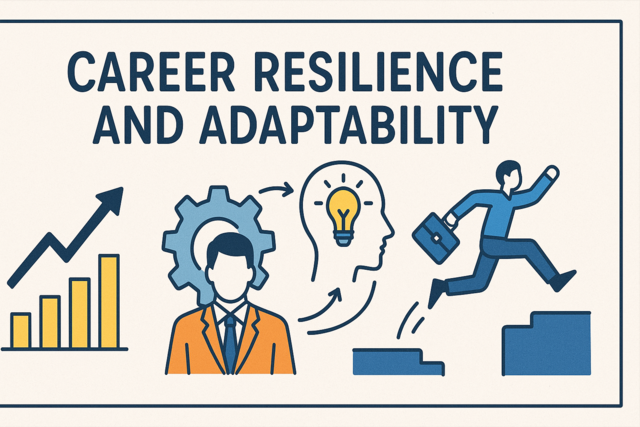

3 Hours average completion time
0.3 CEUs
15 Lessons
15 Exams & Assignments
15 Reference Files
130 Articles
Mobile Friendly
Last Updated January 2026




